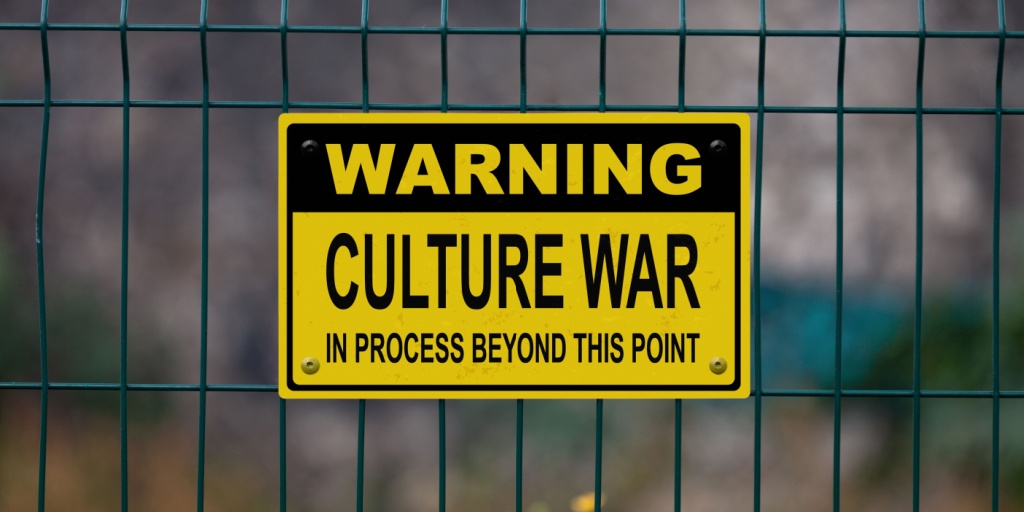All posts by Jon Hullis/h3>
Much of a solicitor’s time will be spent with cases at the police station, the Magistrates’ or Crown Court. Occasionally cases proceed further to the High Court, Court of Appeal or even the Supreme Court.
Magistrates’ Court solicitor Ian Carter recently represented clients before Nottingham Magistrate’s Court in a trial that raised a point of law relating to police powers. The decision to dismiss the case by the District Judge was subject to a prosecution appeal to the High Court.
In DPP v Price and Darby [2024] EWHC 2864 (Admin) the High Court was asked to consider whether the relatively new offence of Assault upon an Emergency Worker introduced in 2018, was substantially different an alternative offence of assaulting a Constable in the execution of their duty.
A first obvious difference is that the new offence covers all emergency workers and not just police officers. While the reality is that the vast majority of cases will involve assaults upon the police, the offence includes, for example, fire fighters or ambulance workers.
A more subtle difference is in the wording – for an assault on a police officer it had to be shown that he was acting at all times in the exercise of his duties. This is construed as ‘strictly lawfully’ in exercising police powers. If an officer made an honest mistake in terms of wrongly detaining a person or wrongfully trespassing on private property, then it was a clear defence to the charge where an individual had used reasonable force in response to the unlawful act.
The new charge instead contains a broader wording – the emergency worker must simply be acting in their functions as an emergency worker. Initially, it was perhaps thought that this change of wording may have made no difference.
The case of Darby and in the preceding case of Campbell v DPP it was held that the fact that a policeman was not acting lawfully did not necessarily mean that they were acting outside their functions.
The question for the court in the Darby case was whether the absence of a formal complaint of criminal damage from Price meant that police were acting outside their function as emergency workers when they entered the property to arrest Price.
The correct approach for any court when considering cases involving the exercise of police powers . While an officer committing an offence may well be acting outside their functions as an emergency worker, unlawfulness is not decisive as to whether an officer is or is not acting within their function of an emergency worker. It is simply a relevant factor.
As a result, the law had become more difficult for people who find themselves being subjects of unlawful exercise of police powers. Absent any bad faith on behalf of the officers, it will perhaps be difficult to show that officers were acting outside the functions of their role.
Contact one of our expert criminal lawyers
Such cases will often require a detailed analysis of police powers in any given situation. You will wish to seek expert advice on such points. Please do not hesitate to contact us if you are facing an investigation or prosecution.
Advice and representation in a police interview under caution will always be free of charge to you.
Legal Aid will often be available to defend court proceedings.
We have offices across the East Midlands.
Contact your nearest office here.
Alternatively you can use the contact form below
Contact








